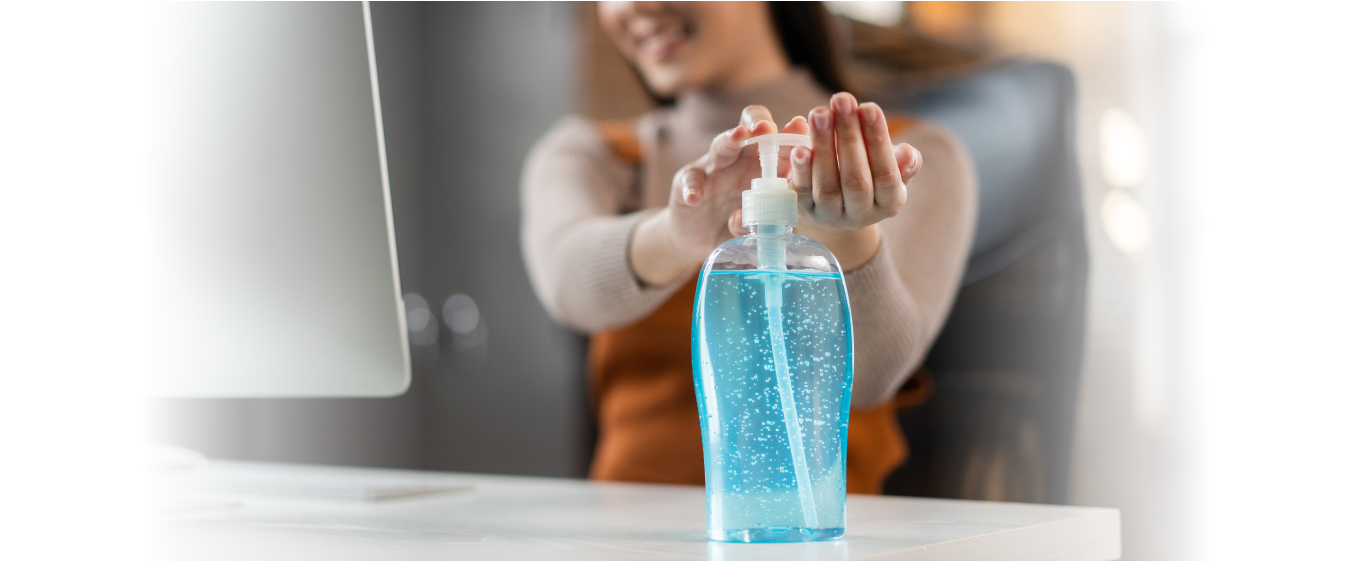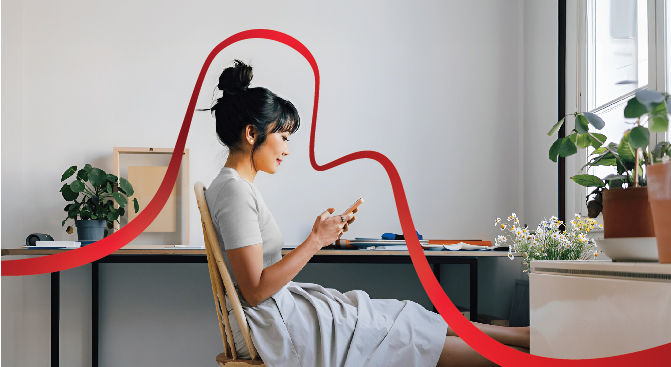
Soap, alcohol, sanitizer: Sizing up the coronavirus cleansers
The two main modes of transmission of the new coronavirus are a) exposure to virus-laden droplets that are coughed, sneezed, or exhaled by an infected person; and b) touching surfaces and objects contaminated by the virus. If we happen to touch our eyes, nose, or mouth after exposure to these surfaces, we run the risk of getting COVID-19.
It turns out that the cheap bar of soap we take for granted in our kitchens and bathrooms is a very effective way to remove the new coronavirus (officially named SARS-CoV-2) from our hands. This makes frequent handwashing a must during this pandemic.
What if soap and water are not available? Well, the alternatives are either rubbing alcohol or hand sanitizer (usually in gel form). Let’s look more closely at these three “coronavirus cleansers.”
Soap
It’s almost funny to think that as scientists over the world are hard at work on creating a vaccine against the new coronavirus, a bar of soap is enough to prevent an infection. In fact, washing with soap and water is still one of the best ways to prevent COVID-19.
This has to do with the chemical reaction that happens when soap molecules meet the new coronavirus. Soap molecules have two sides: one side attracts water and another side attracts fat. It so happens that all known coronaviruses, including SARS-CoV-2, are “enveloped” viruses. This means that they are all covered by an envelope of lipids (fat or grease) that have protein spikes sticking out.
The fatty envelope protects the genetic material inside the coronavirus. On the other hand, the spikes’ function is to attach to cells inside our body. Once attached, the spikes can unlock a cell’s membrane, allowing the genetic material to invade the cell. Once this invasion succeeds, a viral infection occurs.
Fortunately, when soap is mixed with water, this chemical reaction happens: the water-attractive side will bond with water molecules. However, the fat-attractive side will avoid water molecules--it will instead, latch on to any fat molecules present.
Say we start washing our hands with soap and water. If there happens to be a coronavirus on the skin of our hands, the soap molecule’s fat-attractive side will attach securely to the coronavirus envelope. Then when we rinse our hands, the water-attractive side will bond with the water that is sliding off our hands and into the sink’s drain.
What happens then? The coronavirus envelope literally gets ripped apart as the soap molecules bond with the water and are washed away. Once the coronavirus envelope is stripped away, the virus’ genetic material--already exposed and unprotected--will start to degrade. It is no longer able to infect us.
It takes time for this chemical process to happen, of course. Experts say a minimum of 20 seconds of handwashing is needed to complete this coronavirus-ripping chemical reaction. We take soap for granted but really, it’s a great bacteria and virus killer. So, keep on washing your hands regularly.
Alcohol
Rubbing alcohol sold commercially for household use is usually 60 to 70 percent solutions of either ethyl or isopropyl alcohol. Do not use alcohol solutions higher than 70 percent because these would tend to evaporate faster. Fast evaporation means the alcohol leaves your skin too quickly--not enough time to kill the germs.
Alcohol works similarly as soap in that it also has molecules that attract both water and fat. Like soap, alcohol can rip apart the protective envelope of coronaviruses.
Alcohol also has an additional mechanism that helps destroy bacteria and other microbes: it can dissolve or “denature” protein structures inside them. Destroying these protein structures also leads to the destruction of the microbe.
Take note: when using alcohol, use enough to wet your entire hands: palms, fingers, in-between fingers, and the backs of the hands. Just like soap, rub the alcohol for 20 seconds to allow the chemical reaction to work.
The advantage of using rubbing alcohol on our hands and other surfaces is that it can be used as is--unlike soap which needs water to activate its germ-killing power.
However, there is also a downside: alcohol does not work on all microorganisms. Furthermore, if there is a lot of dirt or grease on our hands, alcohol will not be effective at disinfection. The dirt and grease will simply absorb and block the alcohol, preventing it from killing germs.
So if there’s a lot of dirt and grease, especially visible dirt, on our hands, it’s always better to use soap and water. Alcohol is a close second in our preferred options to disinfect our hands.
Hand sanitizers
If neither soap, water, and alcohol are present, then we go for gel hand sanitizers as our next best option. Among these three disinfectants, hand sanitizers are the most convenient to use. They feel gentler on the hands and don’t spill as easily as rubbing alcohol.
However, they must be used properly and contain 60 to 70 percent isopropyl or ethyl alcohol. Rub hands thoroughly for 20 seconds to be sure to disinfect your hands.
There are a few downsides to using a hand sanitizer: a) It is not effective if there’s too much dirt and grease on our hands; b) It cannot wash away any harmful chemicals and substances that may be on our skin; and c) Since it is alcohol-based, it does not work on all microorganisms.
So remember: soap and water are still the best cleansing and disinfection tools we can use. Use alcohol and hand sanitizers only when they are the most practical options at the moment, such as if soap and water are unavailable. On top of staying indoors, keeping your hands clean and avoiding touching your face are your best bet in preventing COVID-19.
---
References
-
The Global Handwashing Partnership [Internet]. Globalhandwashing.org. 2020 [cited 15 September 2020]. Available from: https://globalhandwashing.org/how-washing-hands-with-soap-destroys-the-coronavirus/
-
How Does Alcohol Kill Bacteria? [Internet]. Sciencing. 2020 [cited 15 September 2020]. Available from: https://sciencing.com/alcohol-kill-bacteria-5462404.html
-
How soap kills the coronavirus [Internet]. Vox. 2020 [cited 15 September 2020]. Available from: https://www.vox.com/2020/3/18/21185262/how-soap-kills-the-coronavirus
-
Chemical Disinfectants | Disinfection & Sterilization Guidelines | Guidelines Library | Infection Control | CDC [Internet]. Cdc.gov. 2020 [cited 15 September 2020]. Available from: https://www.cdc.gov/infectioncontrol/guidelines/disinfection/disinfection-methods/chemical.html
-
Show Me the Science – When & How to Use Hand Sanitizer in Community Settings | Handwashing | CDC [Internet]. Cdc.gov. 2020 [cited 15 September 2020]. Available from: https://www.cdc.gov/handwashing/show-me-the-science-hand-sanitizer.html

